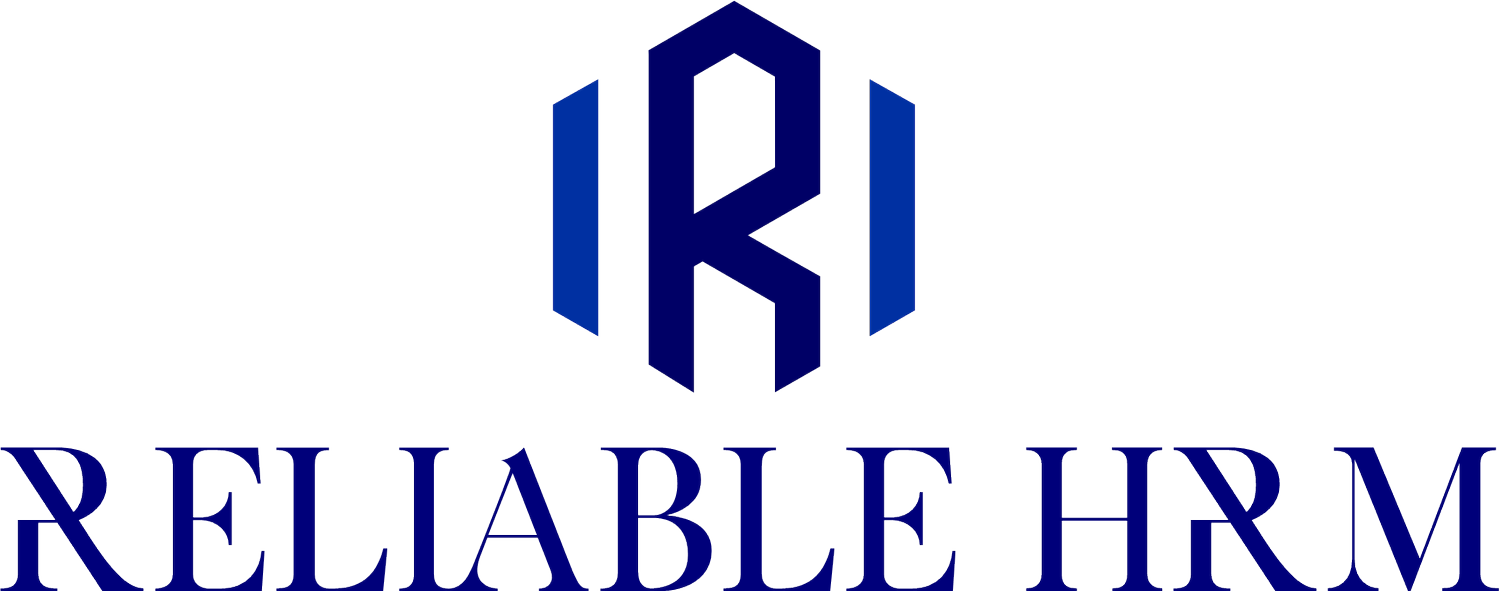Setting the tone for a Safe Workplace Investigation Interview
I once began an investigation interview by diving straight into questions after introducing myself. I didn't provide any context and didn't get any confirmation that the employee understood why they were in the room with me. I started with my prepared question.
I can remember the employee crossing their arms and giving one-word answers. Their body language screamed discomfort.
By the end, I had information but not insight. Later, when I met the same person in a follow-up meeting, they said something that stuck with me: “You didn’t even tell me why I was here. I felt like I was already guilty.”
That moment made me realize I had broken the very foundation of trust and fairness on which every interview depends. Before a single question is asked, people need clarity, respect, and assurance that the process is fair; without it, honesty shuts down, and defensiveness takes over.
What Investigators Can Learn from R v Tessier (2022 SCC 35)
The Supreme Court of Canada’s decision in R v Tessier offers a lesson that extends beyond criminal law, one that HR professionals and workplace investigators should take seriously. Before conducting any interview, people should understand their rights so they can make a truly free and informed decision about speaking.
The dissenting judges went even further. They argued that everyone being interviewed, not just suspects, should be clearly told their rights before any questioning begins. Their reasoning was simple: if someone doesn’t know their options, their choice to speak can’t really be considered voluntary. They suggested a clear rule: any interview conducted without this warning should be deemed presumptively involuntary, especially when there’s a risk of self-incrimination.
Beyond the legal context, this principle is a powerful reminder for anyone conducting interviews, e.g., HR professionals, investigators, or leaders. It underscores our responsibility to create an environment where people understand what’s happening, know their rights, and feel safe to speak openly. Informed participation isn’t just a legal safeguard, it’s the foundation of trust and fairness in any interview setting.
Clear Guidelines to follow to set up a safe interview
Start with clarity. Explain why you’re meeting, what will happen, and how confidentiality works. “My role is to gather facts, not to take sides.”
Explain rights and expectations. Everyone deserves to know their right to be heard and their duty to be truthful.
Mind the environment. Choose a private, neutral setting (even virtually). Small details make a big difference.
Set a respectful and transparent tone. Your tone, pacing, and body language signal whether this is a fair process.
Acknowledge the discomfort. A simple, “I know this can feel uncomfortable, and I appreciate your cooperation,” helps people relax.
The result of a safe interview
When people feel safe and respected, they share openly, not because they have to, but because they trust the process. Moreover, creating a safe interview environment isn’t just the right thing to do; it’s a smart business move.
In my experience, I’ve seen respondents who began defensively become fully cooperative once they realized they were being treated with fairness and respect.
Impact of a Poorly Conducted Investigation
A poorly conducted investigation, on the other hand, can be very costly, not just in terms of legal risk, but also in terms of trust, morale, and reputation. It can lead to wrongful decisions, employee grievances, human rights complaints, and even litigation.
Beyond the legal exposure, it damages credibility. Employees lose faith in leadership, witnesses hesitate to come forward, and perceptions of fairness disappear. That’s why investing time in a thorough, impartial, and well-documented investigation isn’t just good HR practice; it’s sound organizational risk management.
Tips for Workplace Investigators
Tools such as the PEACE interview model (Preparation and Planning; Engage and Explain; Account, Clarify, and Challenge; Closure and Evaluation), supported in policy and employment investigations, highlight the legal and practical importance of setting a relaxed, non-confrontational tone. The courts have also recognized that a non-aggressive, rapport-building approach increases the probability of reliable, voluntary statements, reduces the risk of false confessions, and avoids creating a coercive environment that could later be challenged in court.
Furthermore, the importance of reviewing cases to understand what courts and tribunals consider to be investigation flaws cannot be overemphasized. Furthermore, the importance of reviewing cases to understand what courts and tribunals consider to be investigation flaws cannot be overemphasized. These decisions offer valuable insight into what distinguishes a fair, defensible process from one that falls short.
By studying real cases, investigators and HR professionals can identify common pitfalls such as bias, inadequate documentation, failure to provide procedural fairness, and poor communication of findings, and learn how to avoid them.
Most importantly, credibility starts before the first question. It begins the moment someone sits across from you.
Call to Action
I strongly encourage organizations to train their internal HR professionals or investigators, or to engage a qualified, independent investigator, when managing complex or sensitive workplace matters. An impartial approach not only strengthens the credibility of the process but also ensures compliance with procedural fairness and minimizes legal and reputational risk.
As an experienced Employment Relations and Human Resources Consultant, I specialize in conducting thorough, unbiased investigations that support both organizational integrity and employee trust.
For a confidential discussion or to learn more about how I can assist your organization, please contact me at: hrsupport@reliablehrm.org

